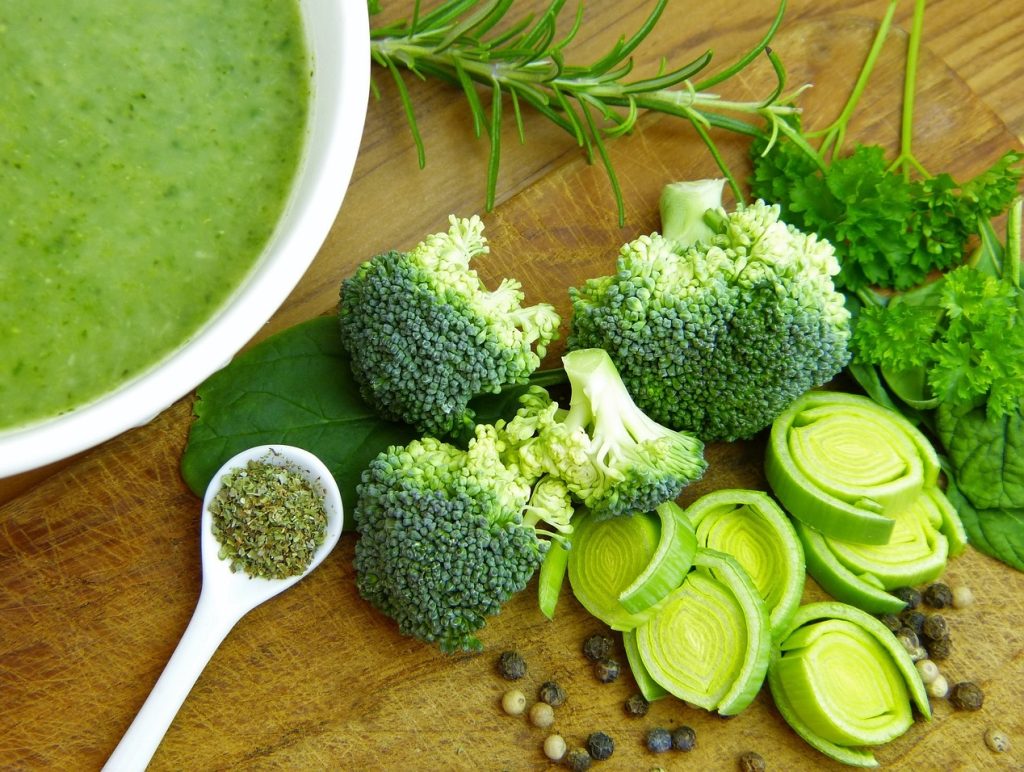Diabetes, a chronic metabolic disorder, affects millions of people worldwide, impairing their quality of life. In the quest for efficient remedies, natural alternatives have gained considerable attention due to their potential health benefits. One such solution is found in the anti-inflammatory properties of certain natural plants, offering a potential means to regulate diabetes. This article aims to explore the anti-inflammatory potential of natural plants and their role in managing diabetes.
The Connection Between Inflammation and Diabetes
Diabetes is characterized by elevated blood sugar levels caused by insufficient insulin production or ineffective utilization of insulin in the body. However, recent research suggests that chronic inflammation plays a pivotal role in the development and progression of diabetes.
When the body experiences inflammation, immune cells release cytokines, chemical messengers that trigger an immune response. In individuals with diabetes, this inflammatory response becomes dysregulated, leading to a cascade of detrimental effects on glucose metabolism. As a result, the body’s ability to regulate blood sugar levels becomes compromised, exacerbating diabetes symptoms and complications.
The Role of Natural Plants in Diabetes Management
In the search for effective diabetes management strategies, natural plants have been identified as potential allies. Many plants possess anti-inflammatory compounds that can potentially reduce chronic inflammation, thus helping control diabetes.
The Promising Natural Plant: Curcumin
Curcumin, a compound found in turmeric, has garnered significant attention for its potential therapeutic effects on diabetes management. Studies indicate that curcumin possesses potent anti-inflammatory properties that can help mitigate insulin resistance and improve glucose metabolism.
Moreover, curcumin has been found to modulate several molecular targets involved in inflammation, making it a promising candidate for preventing or managing various complications associated with diabetes. However, more extensive research is required to fully elucidate its mechanisms of action and determine optimal dosages for therapeutic use.
Bitter Melon: A Natural Anti-Diabetic Agent
Bitter melon, a staple ingredient in many traditional dishes, has been recognized for its anti-diabetic properties. This natural plant contains charantin and vicine, compounds that have demonstrated anti-inflammatory effects in animal and cellular studies.
One study investigating the effects of bitter melon extract on diabetic rats found a significant decrease in blood sugar levels and improved glucose tolerance. These findings suggest that bitter melon may hold potential as an effective anti-diabetic agent due to its anti-inflammatory properties. However, further human trials are necessary to validate these results.
The Potential of Green Tea
Green tea, a widely consumed beverage, is rich in polyphenols, such as epigallocatechin gallate (EGCG). These compounds have shown promising anti-inflammatory effects in various studies.
Research suggests that the anti-inflammatory properties of EGCG may enhance insulin sensitivity, potentially helping individuals with diabetes regulate their blood sugar levels more effectively. Additionally, green tea consumption has been associated with a reduced risk of developing type 2 diabetes. However, more research is required to establish a conclusive link and determine optimal consumption amounts for therapeutic benefits.
Conclusion
Inflammation plays a significant role in the development and progression of diabetes. Exploring natural plants with anti-inflammatory potential offers a promising approach to managing this chronic condition. Natural compounds such as curcumin, bitter melon, and green tea have demonstrated potential in reducing chronic inflammation and improving glucose metabolism. However, further research is needed to fully understand their mechanisms of action and establish their effectiveness in diabetes management. Incorporating these natural plants into a comprehensive diabetes treatment plan may provide additional benefits and improve overall well-being for individuals living with diabetes.

